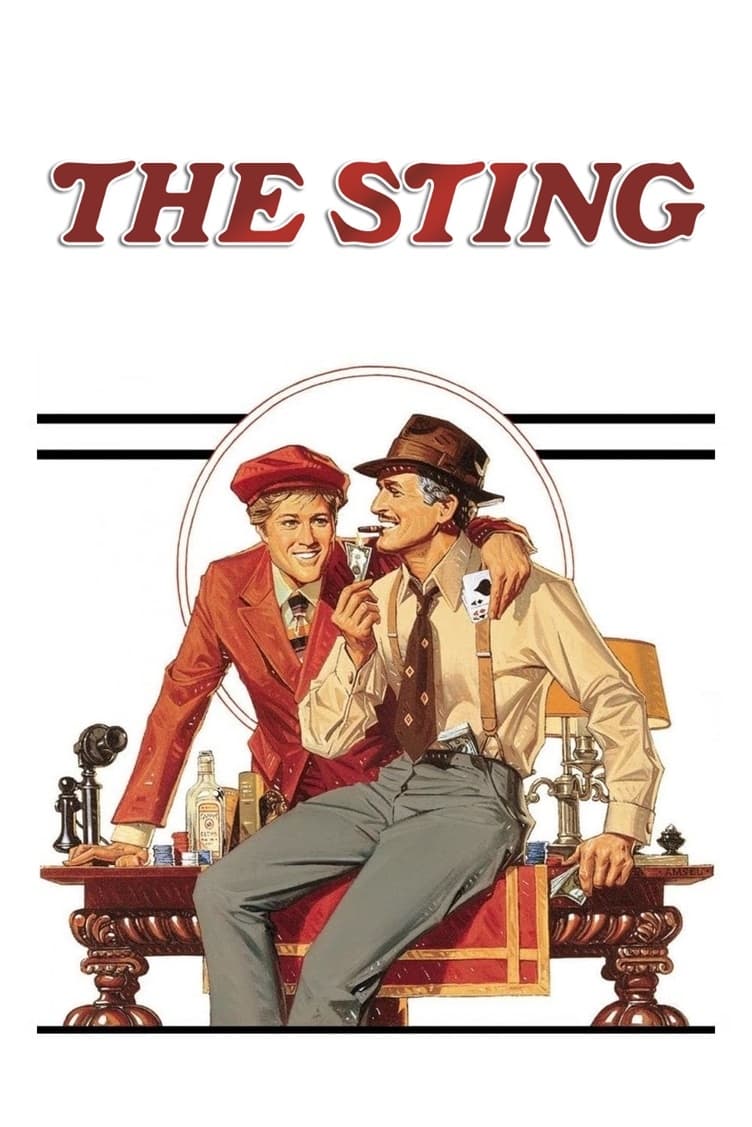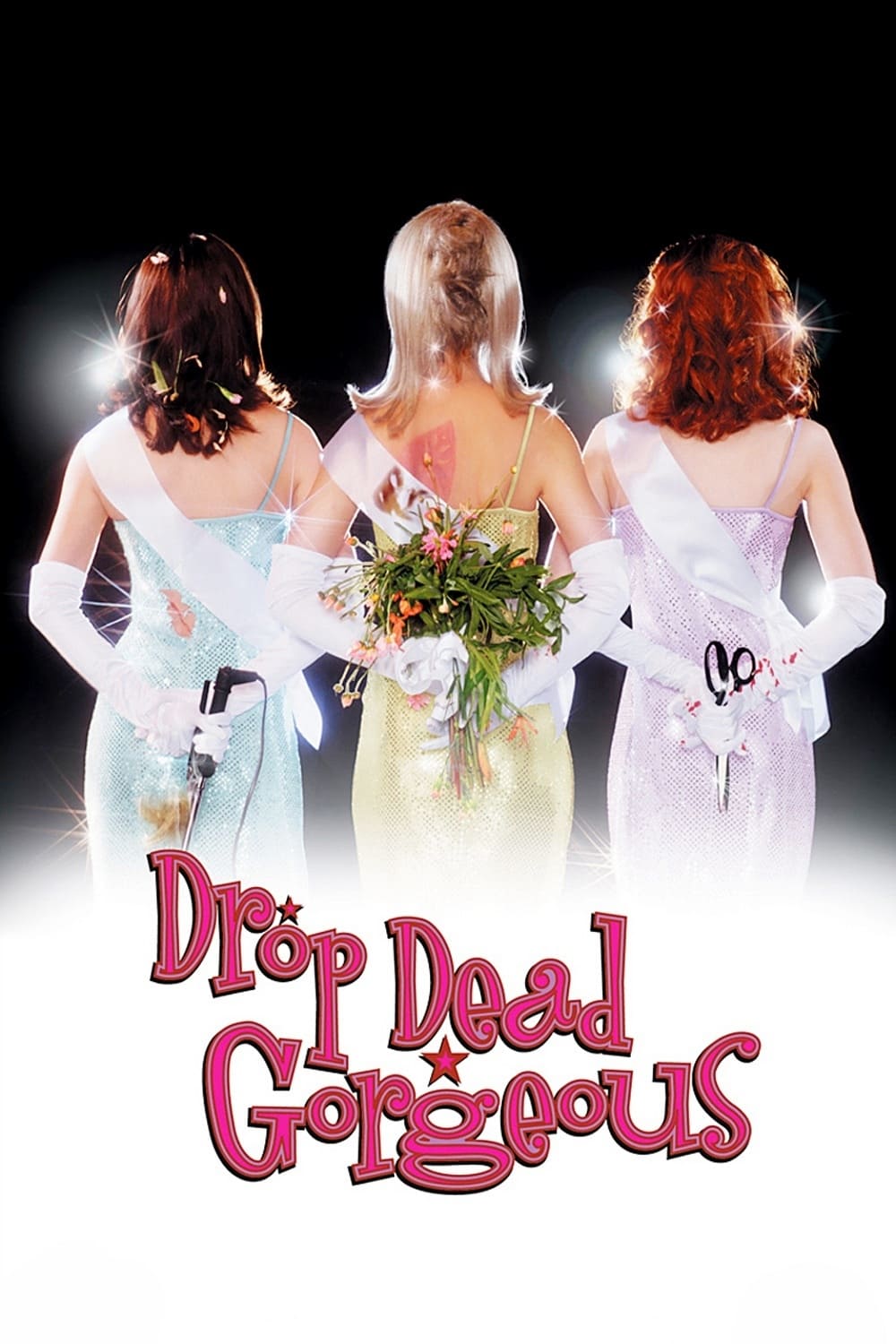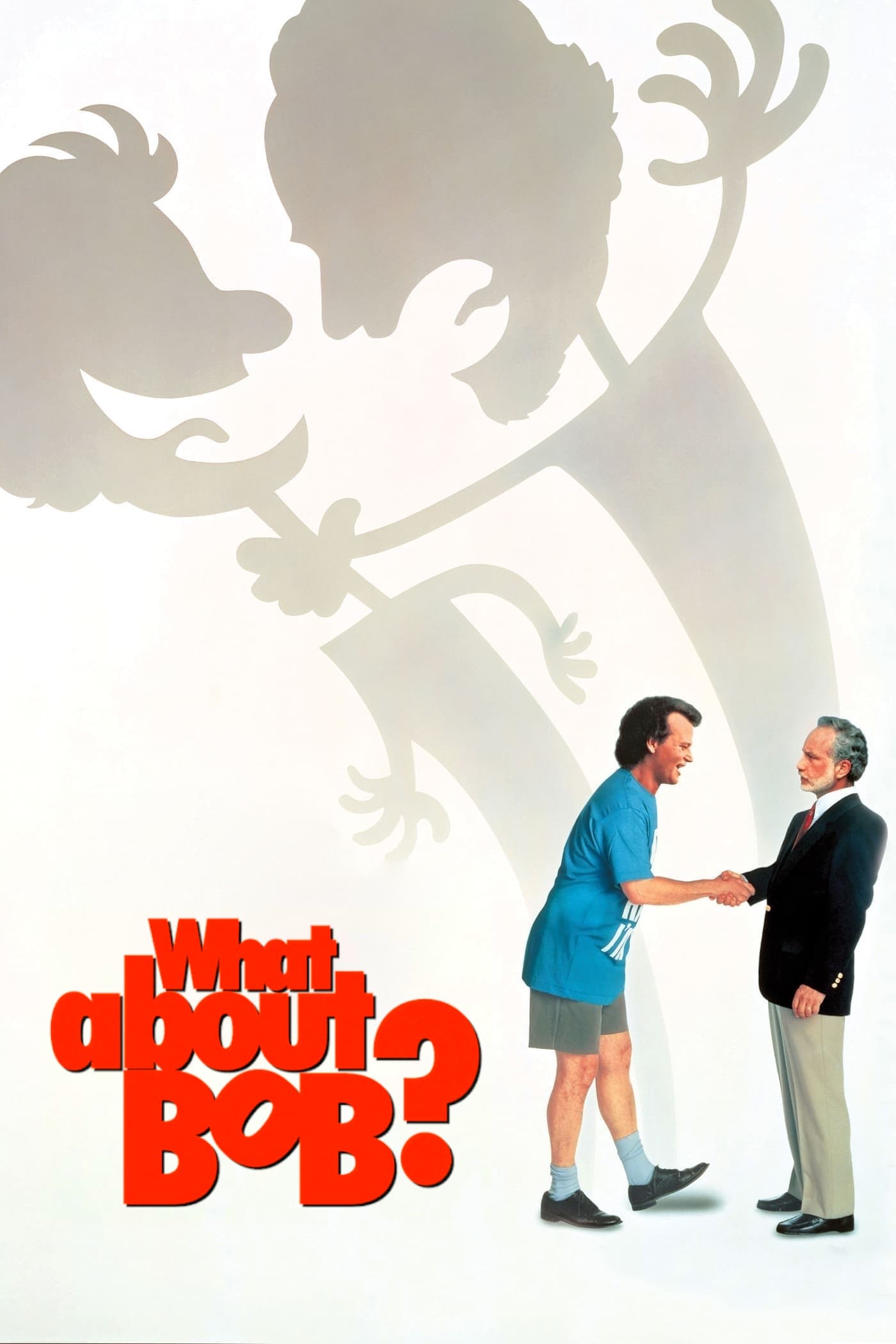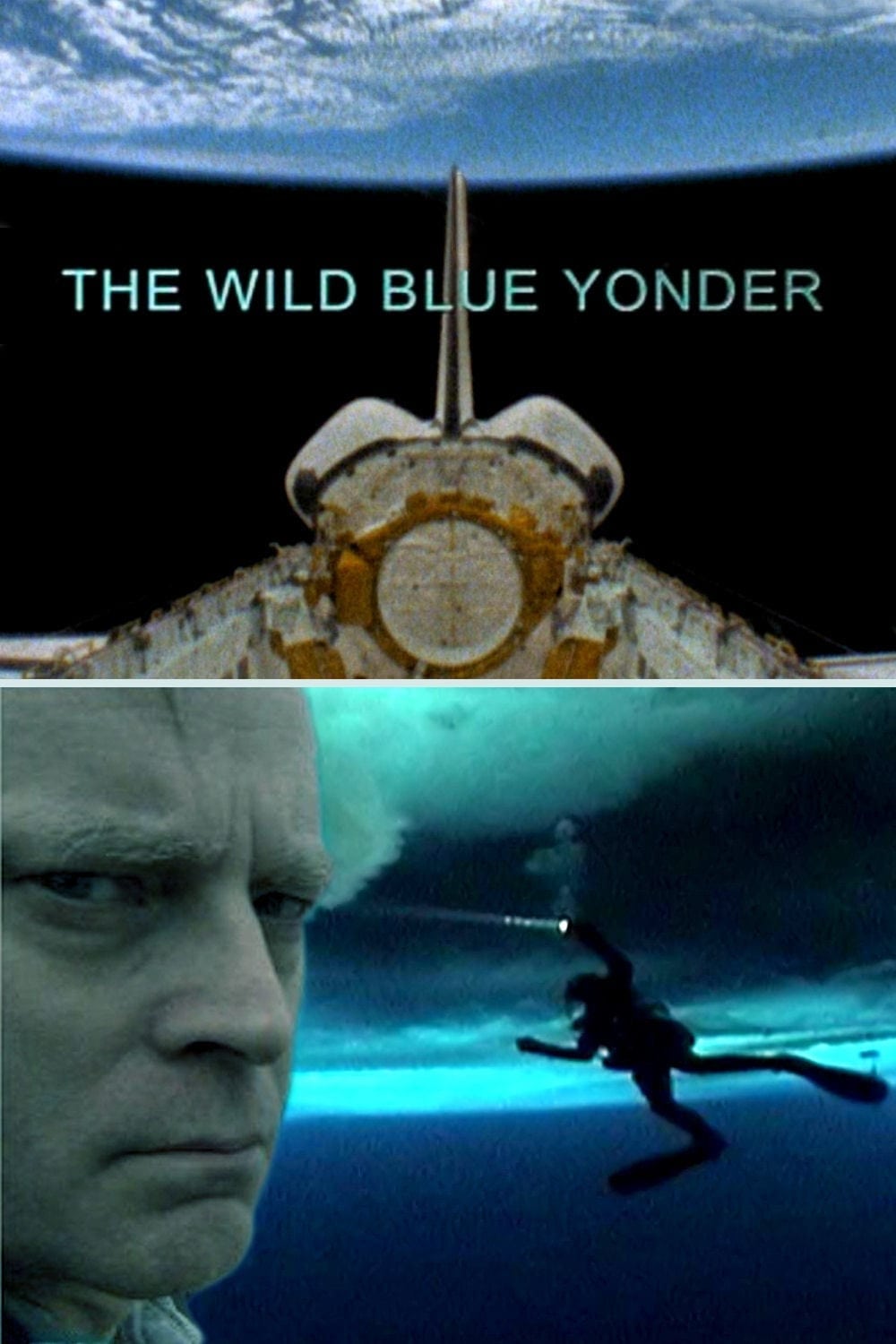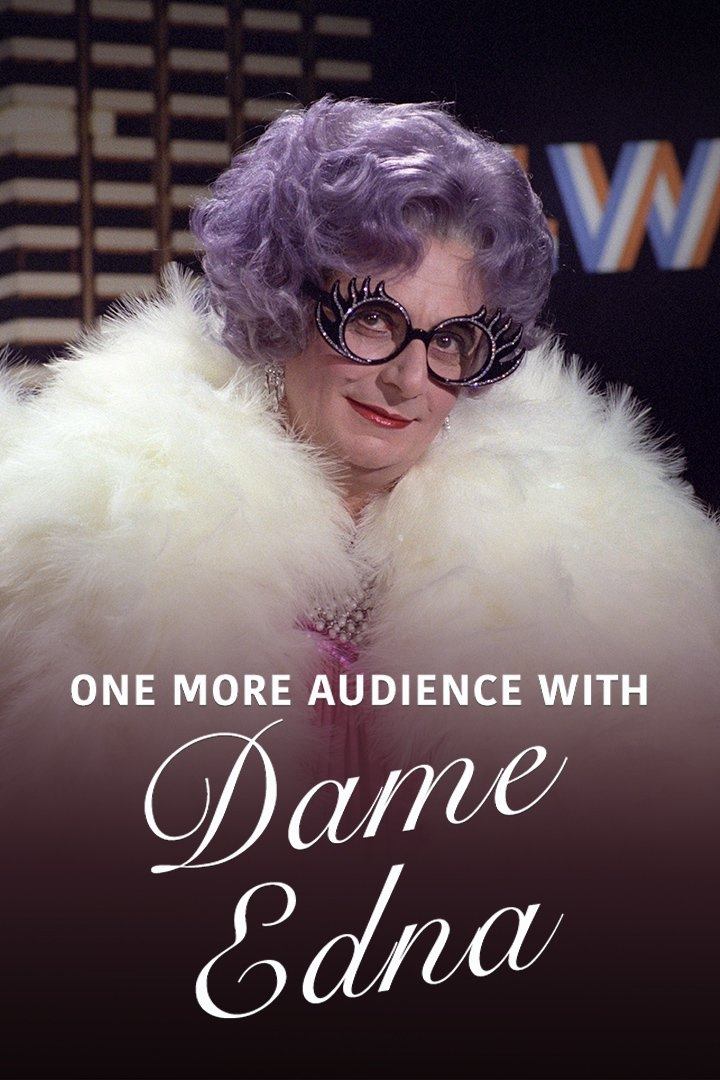Status
Released
original language
English
Budget
$ 13500000
Revenue
$ 11798616
Top Billed Cast

Woody Allen
Leonard Zelig

Mia Farrow
Dr. Eudora Nesbitt Fletcher

Patrick Horgan
The Narrator (voice)

John Buckwalter
Dr. Sindell

Marvin Chatinover
Glandular Diagnosis Doctor

Stanley Swerdlow
Mexican Food Doctor

Paul Nevens
Dr. Birsky
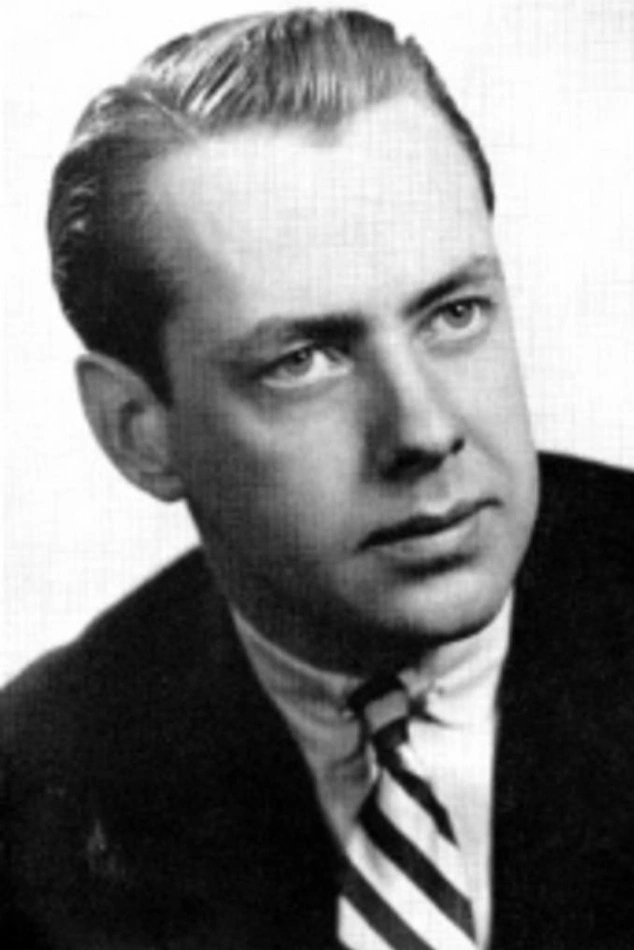
Howard Erskine
Hypodermic Doctor

Richard Whiting
Other Doctor

Ralph Bell
Other Doctor

Will Hussung
Other Doctor

Gale Hansen
Freshman #1

Michael Jeter
Freshman #2

Peter McRobbie
Workers Rally Speaker

Richard Litt
Charles Koslow

Mary Louise Wilson
Sister Ruth

Alice Beardsley
Telephone Operator
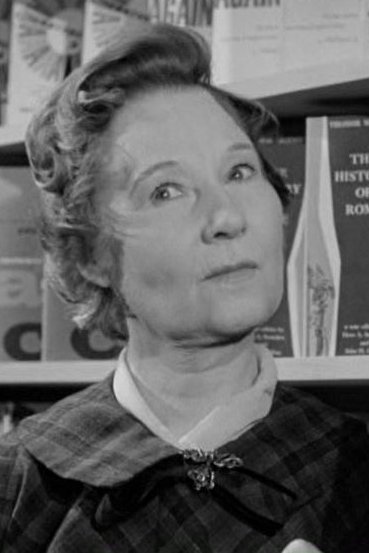
Paula Trueman
Woman on Telephone
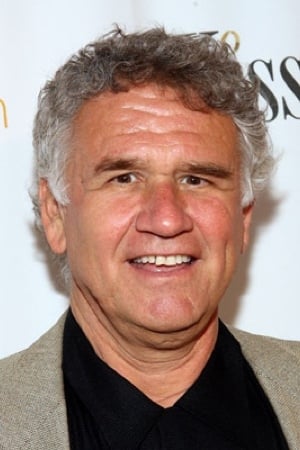
Garrett M. Brown
Actor Zelig

Marianne Tatum
Actress Fletcher

Charles Denny
Actor Doctor

Michael Kell
Actor Koslow
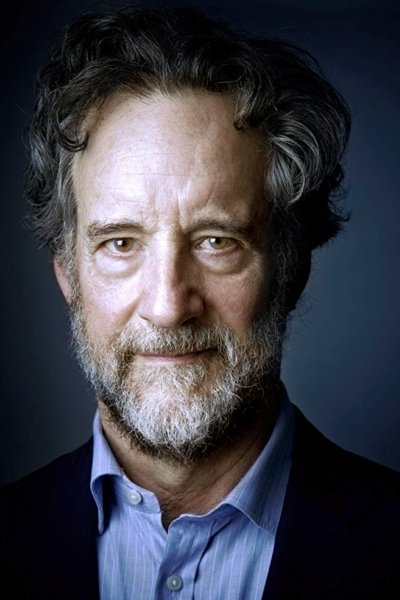
John Rothman
Paul Deghuee

Deborah Rush
Lita Fox

Stanley Simmonds
Lita's Lawyer

Robert Berger
Zelig's Lawyer

Jeanine Jackson
Helen Gray

John Doumanian
Greek Waiter

Willy Holt
Rally Chancellor

Susan Sontag
Susan Sontag - Contemporary Interviews

Saul Bellow
Saul Bellow - Contemporary Interviews
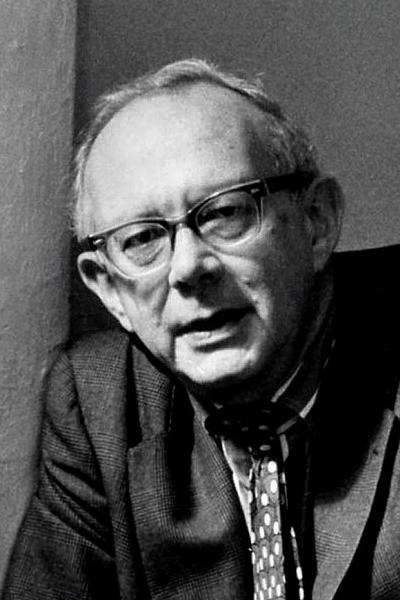
Irving Howe
Irving Howe - Contemporary Interviews

Marshall Cole Sr.
Calvin Turner - Contemporary Interviews

Ellen Garrison
Older Dr. Fletcher - Contemporary Interviews

Jack Cannon
Mike Geibell - Contemporary Interviews

Theodore R. Smits
Ted Bierbauer - Contemporary Interviews

Sherman Loud
Older Paul Deghuee - Contemporary Interviews

Elizabeth Rothschild
Older Sister Meryl Fletcher - Contemporary Interviews

Kuno Sponholz
Oswald Pohl - Contemporary Interviews
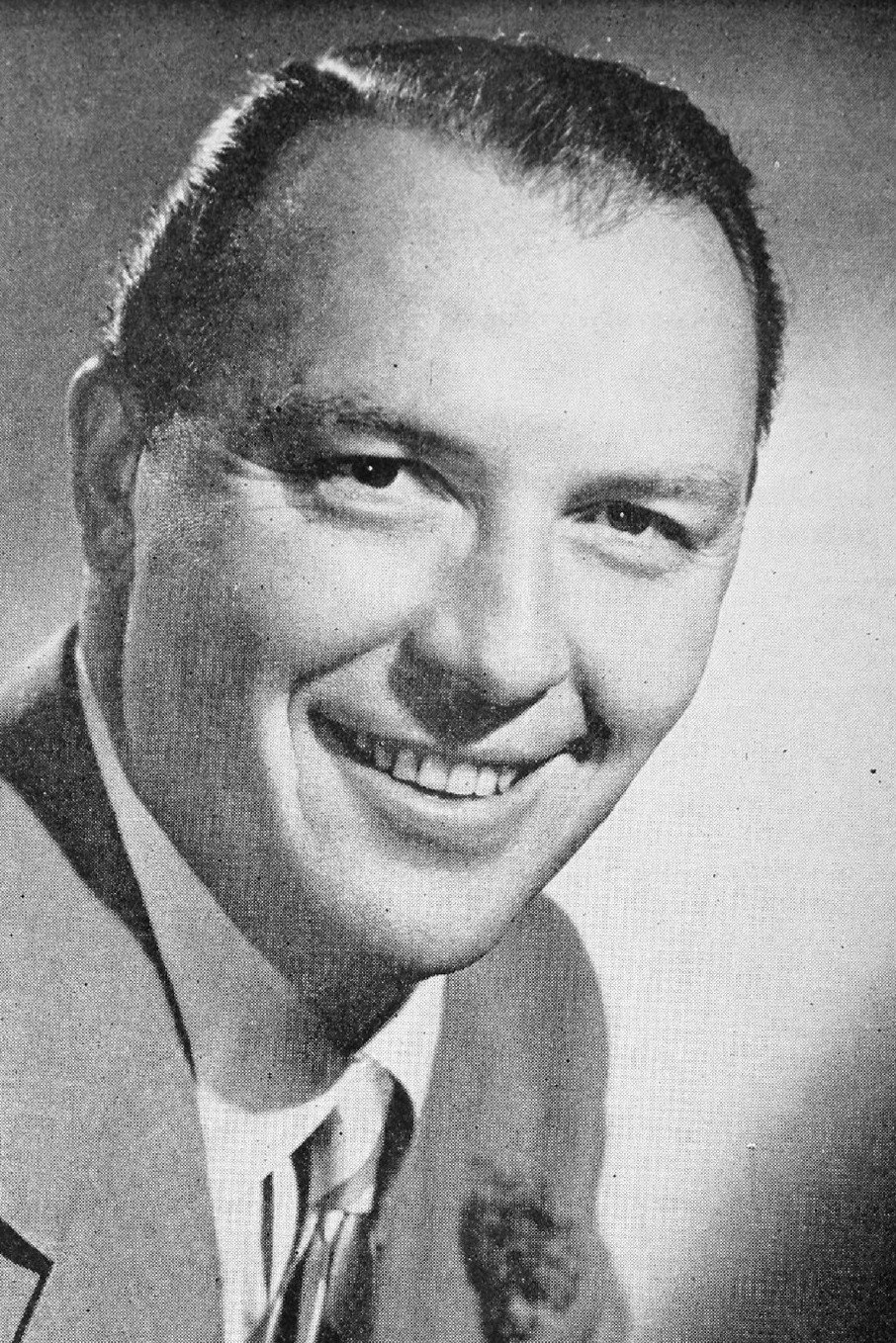
Ed Herlihy
Pathe News Announcer (voice)
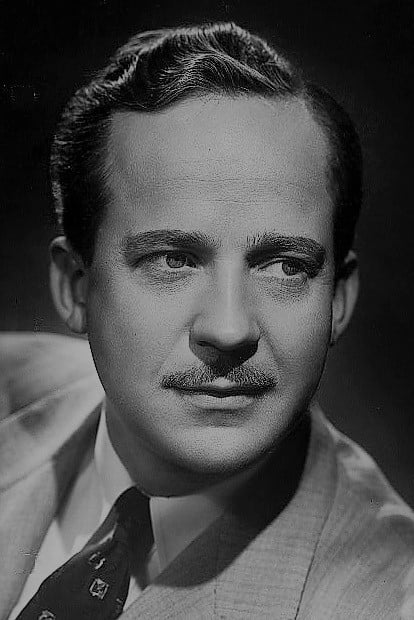
Dwight Weist
Hearst Metrotone Announcer (voice)

George Hamlin
Experimental Drugs Doctor

Robert Iglesia
Man in Barber Chair

Eli Resnick
Man in Park

Edward McPhillips
Scotsman

Sol Lomita
Martin Geist

Ed Lane
Man on Telephone

Sharon Ferrol-Young
Miss Baker

Dimitri Vassilopoulos
Martinez

Stephanie Farrow
Sister Meryl

Francis Beggins
City Hall Speaker

Jean Trowbridge
Dr. Fletcher's Mother

Ken Chapin
On-Camera Interviewer

Gerald Klein
Hearst Guest

Vincent Jerman-Jerosa
Hearst Guest

Erma Campbell
Zelig's Wife

Anton Marco
Wrist Victim

Louise Deitch
House-Painting Victim

Bernice Dowis
Vilification Woman

Bernie Herold
Carter Dean

Elizabeth Kaitan
German Girl (uncredited)
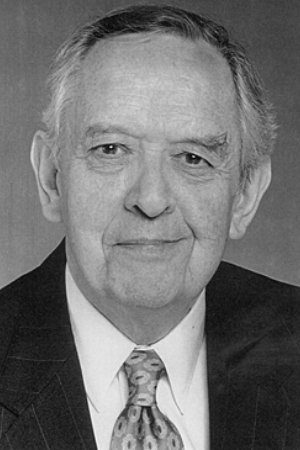
Arthur Anderson
Other Doctor (uncredited)

Bubba Dean Rambo
Charleston Dancer (uncredited)

Kim Johnston Ulrich
Beauty Contestant (uncredited)

Michael Blevins
Lizard Dancer (uncredited)

Jon Hayden
Reporter (uncredited)

Mae Questel
Helen Kane (voice) (uncredited)

Ruth Leon Weiman
Mother of a Graduate (uncredited)

Tug Wilson
Police Officer (uncredited)
Movie Reviews
A review by ltcomdata
Written by ltcomdata on 2014-02-26
A charming mockumentary about a fictional 1920s personality filmed as if cobbled together from old black-and-white footage.
A review by tmdb28039023
Written by tmdb28039023 on 2022-09-03
Leonard Zelig is a "human chameleon," but Zelig the film doesn't stop at mimicry. Indeed, this fictional documentary written, directed, and starring Woody Allen differentiates between imitation and parody the same way Hitchcock differentiated between action and suspense. For example, the protagonist's parents used to punish him by locking him in a dark closet. If that were it, the film would simply be copying an aspect of Ingmar Bergman's childhood; Allen's genius lies in adding that when Zelig's parents are really mad, they "get into the closet with him." Zelig's targets go beyond the filmmaker's family, and include the press (“in those days, you'd do anything to sell papers. To get a story, you'd jazz it up, exaggerate, even maybe play with the truth a little bit. But here was a story. It was a natural. You just told the truth and it sold papers. It never happened before"), politicians ("He was selling the same piece of property to a lot of the same people, and... Matter of fact, a congressman from Delaware bought it twice"), psychologists (“I worked with Freud in Vienna. Yes, we broke over the concept of penis envy. Freud felt that it should be limited to women”), and philosophers (“His performance endears him as well to many leading French intellectuals, who see in him a symbol for everything” ). Set in the 1920s and 1930s, the film revolves around Leonard Zelig (Allen), an indistinct man who has the ability to alter his appearance and behavior to fit those of the people around him; e.g., “When two Frenchmen enter, Zelig assumes their characteristics and speaks reasonable French. In the company of a Chinese person, he begins to develop oriental traits;” etc etc. This desire and ability to blend in ironically makes him an outcast; “Zelig's very existence is a non-existence. Devoid of personality, his human qualities long since lost in the confusion of life, he sits alone, silently staring into space, a figure, a non-person... The one who only wanted to fit in, to belong, to go unnoticed by his enemies and being loved, neither fits nor belongs, is supervised by enemies, and remains abandoned”. His protean nature also gives him access to a number of famous people and historical events. In this sense, Zelig is ahead of Forrest Gump, not only in that it precedes it, but also in that it surpasses it. Zelig is disruptive in more ways than one; while Forrest finally fades into the background as a new, Zelig anarchically places his protagonist, much to his own dismay, front and center of the action; in the Vatican he creates commotion by interrupting a ritual that had not been celebrated in “63 years” (while “His Holiness Pope Pius XI tries to swat the intruder with a sacred decree”), and in Germany the greatest irony of all: his "desired immersion in the mass and anonymity" lead the Jew Zelig to join the Sturmabteilung — the original paramilitary wing of the Nazi Party — ruining Hitler’s speech at a Nazi rally ("We couldn't believe our eyes. Hitler's speech was ruined. He wanted to make a good joke about Poland, but just then, Zelig interfered and Hitler was extremely upset").

A review by Geronimo1967
Written by Geronimo1967 on 2025-06-21
I suppose nowadays we would call this a “mockumentary” about a chap who can be all things to all men except, perhaps, himself. It’s told using interviews, news reports and other actuality to regale us with the life and times of this man who somehow managed to infiltrate just about every scenario, strata of society and political grouping whilst altering his appearance to attain a consistent prominence even though his reasons for being where he was/is/would be were never quite clear to observers. Finally identified, he attracts the attention of psychiatrist “Dr. Fletcher” (Mia Farrow) who attempts to discover a little more about what drove this man. Is he an attention seeker or exactly the opposite? Does he need to stand out or simply want to conform? Either way, what he actually wanted had little to do with what he got as the publicity took his life by the scruff of the neck and embroiled him in a series of legal, ethical and practical issues. I wasn’t really bothered about the rather far-fetchedness of the plot nor of his fairly predictably evolving relationship with his shrink, but as a critique on documentary making and archive research, it’s an effective tool that also pays homage to the style of the silent film whilst showcasing the fickleness of public opinion and loyalty as well as demonstrating the hypocrisy of the media. It’s a bit long and once the direction of travel has been established then I found my interest was way more it’s delivery than it’s content. Worth a watch, though.

A review by Geronimo1967
Written by Geronimo1967 on 2025-06-21
I suppose nowadays we would call this a “mockumentary” about a chap who can be all things to all men except, perhaps, himself. It’s told using interviews, news reports and other actuality to regale us with the life and times of this man who somehow managed to infiltrate just about every scenario, strata of society and political grouping whilst altering his appearance to attain a consistent prominence even though his reasons for being where he was/is/would be were never quite clear to observers. Finally identified, he attracts the attention of psychiatrist “Dr. Fletcher” (Mia Farrow) who attempts to discover a little more about what drove this man. Is he an attention seeker or exactly the opposite? Does he need to stand out or simply want to conform? Either way, what he actually wanted had little to do with what he got as the publicity took his life by the scruff of the neck and embroiled him in a series of legal, ethical and practical issues. I wasn’t really bothered about the rather far-fetchedness of the plot nor of his fairly predictably evolving relationship with his shrink, but as a critique on documentary making and archive research, it’s an effective tool that also pays homage to the style of the silent film whilst showcasing the fickleness of public opinion and loyalty as well as demonstrating the hypocrisy of the media. It’s a bit long and once the direction of travel has been established then I found my interest was way more it’s delivery than it’s content. Worth a watch, though.



